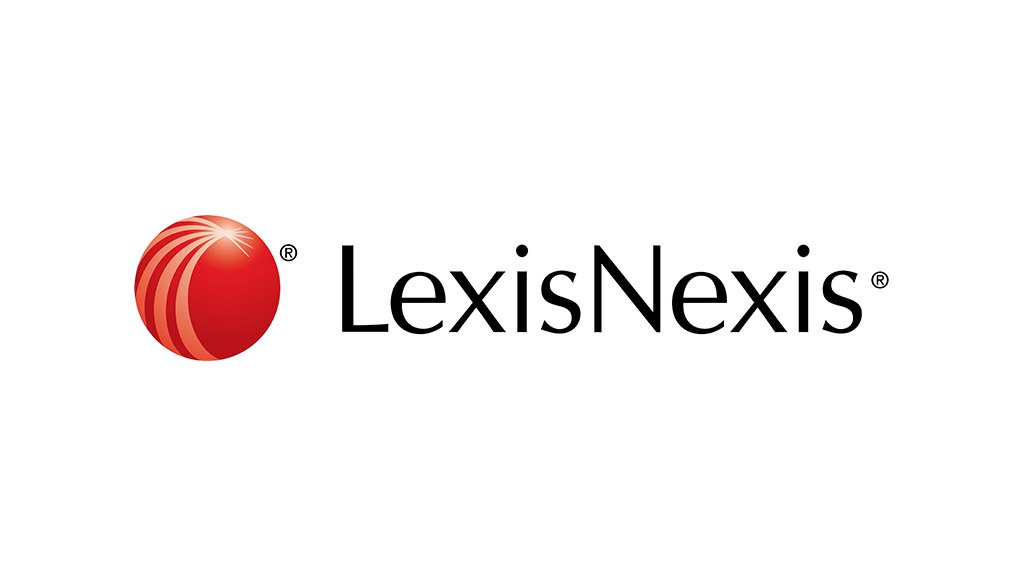Sometimes procurement professionals can be caught with their hand in the cookie jar, mixing business with pleasure to the detriment of their employers. While the King IV Report on Corporate Governance guides the private sector and the Public Finance Management Act and the Municipal Finance Management Act guide the public sector against conflict of interest, many organisations find themselves having to deal with the consequences of these actions, whether known or unbeknown.
Some of the most prominent examples of employee conflicts of interest include:
- The use of company resources and commodities for personal enrichment,
- Acceptance of gifts, money in exchange for discounts, preferential treatment or goods/service,
- Offering professional services to the employer’s clients in a private capacity,
- Having direct ownership or shares in supplier/vendor business, and
- Abuse of decision-making authority regarding purchases or supplier selection.
Unregulated environments provide ideal opportunities for conflicted employees to thrive under the radar, says Rudi Kruger, General Manager at LexisNexis Data Services. “However, the identification of conflicted employees is a responsibility that every organisation cannot shy away from because failure to do so could expose the business to severe risks. There are several valuable steps that can be taken to identify conflict of interest and subsequently eliminate all kinds associated risks,” he said.
Kruger encourages the introduction of internal policies which include:
Employee declarations: Implement a well-structured declaration policy which would make it compulsory for all employees to declare sources of income, family income as well as personal and family assets and interests. Declarations also confirm any links prior to involvement with external entities. Employees should be willing and able to provide information on their private work or commercial activities outside of their job, their associations and family ties if called into question. It is important that the declaration policy is well structured and contains easy to understand content. Employee declarations will not only root out conflicts of interest, but also promote transparency.
Gift policy: Implement a policy that requires declaration of or prohibits the acceptance of any gifts, tokens of appreciation, awards, bribes or any form of reward from suppliers. This not only helps identify sources of conflict but also helps reduce the temptation to develop partiality towards certain suppliers or vendors.
Vetting, even if time is limited: Vetting employees need not be a lengthy process if the right kind of help is available. With the assistance of vetting solutions like Lexis® ProcureCheck, vital checks can be done with ease. Such checks in the vetting process include checking for property ownership, joint ownership and director status against the Companies and Intellectual Property Commission (CIPC). When identifying a link between an employee and a vendor through a previous directorship, it is important to identify the director status of the employee at the time of vendor onboarding as they could have held a position at the time when the supplier was onboarded. Additionally, by processing checks first against external data providers and then against your organisation's vendor database, key conflicts that link to fraud and collusion can be identified.
As an easy to use web-based system designed with the ability to highlight external business interests of employees within your organisation, Lexis®ProcureCheck is effective in discovering potential connections, ownership of property, connections or unscrupulous behaviour between staff and vendors. This is achieved through regular vendor and staff vetting, as well as detailed conflict of interest reports. In addition, Lexis ProcureCheck runs ongoing monitoring, provides automated irregularity alert reports and allows users to create a personalised internal vendor list, which helps to separate preferred from non-preferred vendors.
In a nutshell, Lexis®ProcureCheck’s is able to:
- Identify potential connections and ownership of property,
- Identify possible fraudulent activity within vendors and employees with the help of South African Fraud Prevention Services,
- Efficiently highlight employees’ business interests within an organisation,
- Recognise conflicts of interest within your organisation and potential supply chain partners,
- Search for negative and positive news on vendors and employees to assist in mitigating reputational risk.
For more information, visit https://www.lexisnexis.co.za/lexisprocurecheck
EMAIL THIS ARTICLE SAVE THIS ARTICLE ARTICLE ENQUIRY
To subscribe email subscriptions@creamermedia.co.za or click here
To advertise email advertising@creamermedia.co.za or click here











